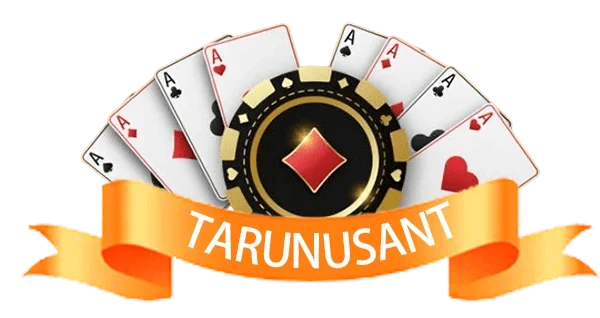The best games do more than just entertain—they resonate deeply with players, offering meaningful experiences that linger long after the credits roll. Whether it’s an emotionally charged story, immersive world-building, or innovative gameplay mechanics, these games elevate the medium beyond simple pastimes. Titles like Celeste, Hades, and Dark Souls show how the best games challenge players both mentally and emotionally, making every victory feel earned and every defeat a lesson.
A defining characteristic of the best games is their ability to blend challenge with accessibility. Games like Celeste teach perseverance through tough platforming challenges while exploring themes of mental health and self-acceptance. Similarly, Hades revolutionized the rogue-like genre by roma77 coupling fast-paced combat with a compelling narrative that evolves with each run. This combination of gameplay and story makes players invested in the journey, not just the outcome.
The best games also foster strong communities and shared experiences. For instance, Dark Souls became famous for its cryptic storytelling and unforgiving difficulty, but it’s the player interactions—leaving hints, summoning help, or challenging others—that have created a rich, enduring culture. These games show that the best titles are not only about individual skill or narrative but about connection—between the player and the game, and between players themselves.
Ultimately, the best games succeed by creating worlds that feel alive and meaningful, filled with challenges that push players to grow. They’re about more than scores or completion percentages; they invite players to explore, reflect, and come away changed. This transformative power is what separates the best games from the merely good.
